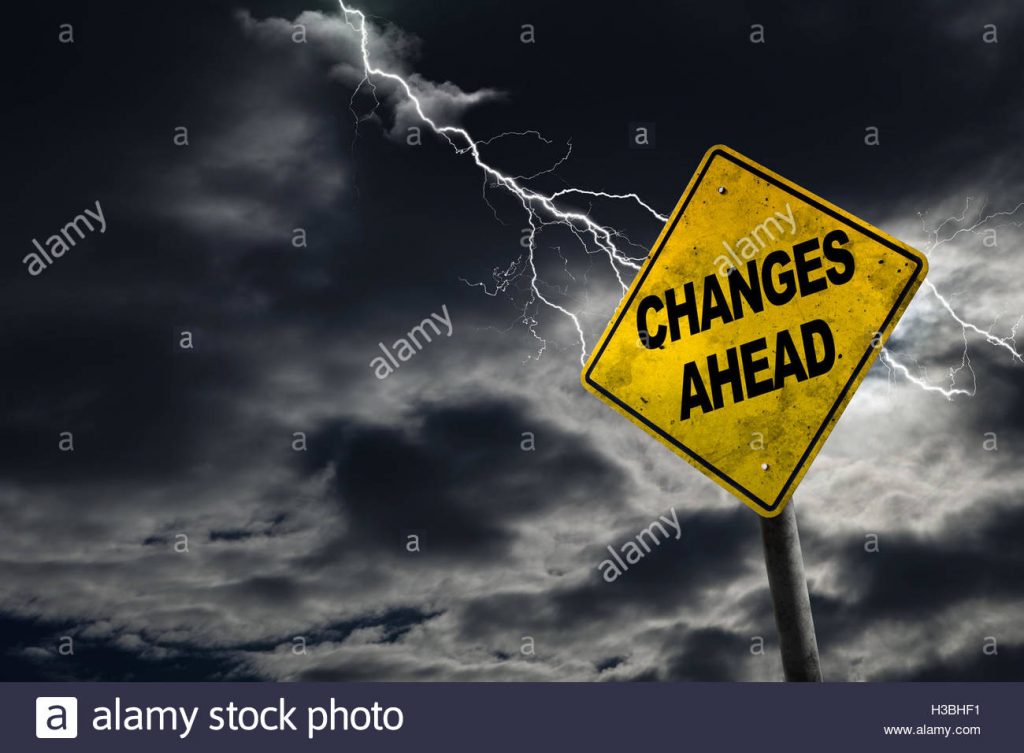US healthcare fears innovation. So did Plato in the 4th century BC

US healthcare, or the lack thereof, is afflicted by a problem that would have been familiar to Plato in Athens in the fourth century BC.
It’s the fear of innovation.
Plato was fearful of innovation in any representation of the divine. The American healthcare industry is worried about meaningful change to its model of delivery and costing, with consequences for its profit margins.
And yet, healthcare in the US is begging for innovative change in its mass provision, delivery to consumers, its technology and its business model. A sustainable health plan would offer low-cost, high quality care. Unreformed, healthcare suffers from big pharma’s compact with politicians to suppress creative reform.
Funny how the holy cows of one age are so different from – and so similar to – that of another.
Plato was zealous about the need to limit innovation, albeit in a more exalted sphere than the business of American pharmaceutical and insurance firms.
For Plato, it was about the representation of God.
In Book II of the ‘Republic’, Plato’s Socrates notes that the divine nature is perfect and unchanging, a transcendent truth always to be portrayed in its “original” form.
Ergo, no innovation was to be tolerated in the creative representation of the divine. This necessarily meant that the creative arts were to be limited in their ambit. Music and poetry were to be circumscribed. In Book IV, Plato’s Socrates issues a very specific injunction: “This is the point to which, above all, the attention of our rulers should be directed, – that music and gymnastic be preserved in their original form, and no innovation made…any musical innovation is full of danger to the whole State, and ought to be prohibited.”
Clearly, the idea of protecting something precious from innovation has long been attractive to philosophers.
That it should be similarly compelling to medical practitioners and healthcare policy-makers in the US, only shows the extent to which change can be demonised as dangerous, possibly even fatal.

